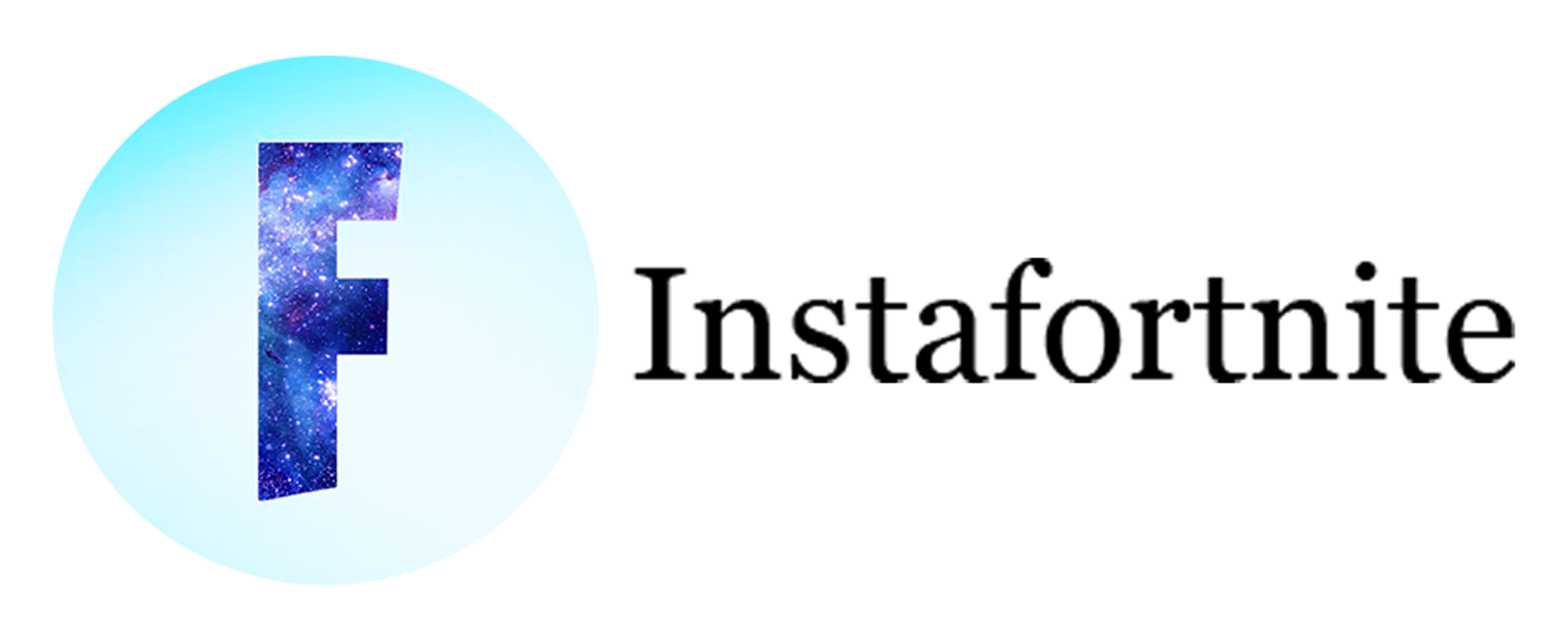Since its release in 2017, Fortnite has become much more than just a video game. Developed by Epic Games, it has grown into a cultural juggernaut, influencing not only the gaming industry but also music, film, fashion, and social media. This article explores how Fortnite’s innovative approach has made it a global sensation, examining its gameplay, community-driven success, and its evolution as a transmedia platform.
The Game That Changed the Landscape
At its core, Fortnite is a battle royale game where 100 players parachute onto an island, scavenge for weapons and materials, and fight to be the last person or team standing. The game’s vibrant art style, fast-paced combat, and unique building mechanics set it apart from its competitors. Its ability to constantly evolve through seasonal updates and in-game events ensures players are always experiencing something fresh.
Fortnite’s free-to-play model, supported by cosmetic microtransactions, also disrupted traditional gaming economics. By offering high-quality content without an upfront cost, Epic Games quickly attracted millions of players across all age groups.
A Social Hub for the Digital Age
Fortnite has transcended its status as a game, becoming a virtual social space where players interact and create shared experiences. Features like cross-platform play and user-generated content in Creative Mode have made it a go-to destination for friends to hang out, even beyond gaming.
During the COVID-19 pandemic, Fortnite’s Party Royale mode—a casual, combat-free environment—became a virtual meeting place for users worldwide. It’s a testament to the game’s ability to adapt to societal needs, solidifying its role as a digital third space.
The Power of Collaboration
Fortnite’s partnerships with brands and celebrities are unparalleled. From Marvel superheroes to Star Wars characters, Fortnite’s metaverse has become a pop-culture melting pot. These collaborations keep the game relevant and exciting, drawing in fans of different franchises.
The in-game concerts, like Travis Scott’s Astronomical event in 2020, were groundbreaking, combining gaming with live music in a way that had never been done before. More than 27 million players attended, showcasing the immense reach of Fortnite as a platform for entertainment.
The Competitive Edge
For those seeking more intense gameplay, Fortnite’s esports scene offers high-stakes competition. The Fortnite World Cup in 2019 featured a prize pool of $30 million, setting a record in esports history. Players like Kyle “Bugha” Giersdorf, who won $3 million as the solo champion, have become household names, inspiring younger generations to pursue gaming as a viable career.
Challenges and Controversies
Despite its success, Fortnite isn’t without its challenges. Concerns about screen time, microtransactions, and the game’s addictive nature have sparked debates among parents and policymakers. Additionally, its legal battle with Apple over app store fees highlighted broader issues of digital marketplace regulation.
Yet, Fortnite remains resilient. Its commitment to transparency and player-focused updates helps maintain its popularity even in the face of criticism.
The Future of Fortnite
Fortnite continues to push the boundaries of what a game can be. With advancements in Unreal Engine 5, Epic Games is building an even more immersive experience. The addition of user-generated economies and creative monetization tools points toward a future where players can directly shape and profit from the game world.
As it evolves, Fortnite is poised to remain a leading force in gaming and entertainment. It has already laid the foundation for the metaverse—a shared virtual reality where gaming, socializing, and commerce intersect.





Add comment